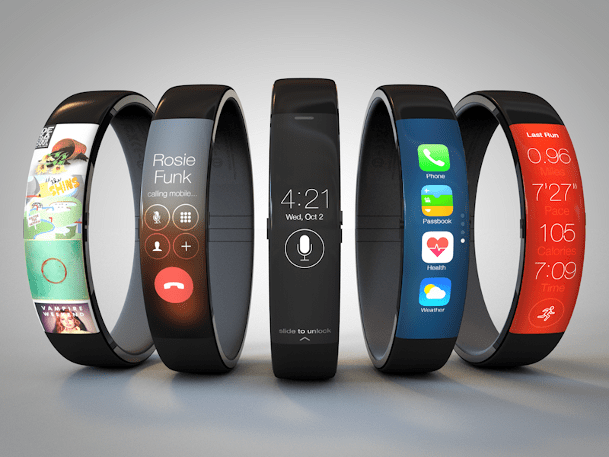Even though various reports indicated that Apple will utilize additional means to prolong the battery life of the iWatch including solar power, inductive charging or harnessing the energy produced by the simple swing of the wearer’s arm, the company may rely on old-fashion “dumb” batteries on its first-gen smartwatch, The Korea Herald has learned.
One source has apparently revealed that lithium batteries are still more efficient than solar batteries, which is why they were apparently chosen. “Since the energy efficiency of solar-charging technology is one-tenth of the lithium-ion battery, it doesn’t make sense to run a gadget with solar power,” the source said, without completely ruling out solar charging. Solar power could be used as a “supplementary source of power at best,” though.
The publication says that three battery suppliers will provide lithium-ion batteries for the iWatch, including LG Chem, Samsung SDI and Tianjin Lishen Battery, according to unnamed industry sources. What’s interesting is that the iWatch is said to use one feature detailed by LG when the company unveiled the LG G2 last year: stepped batteries.
“Apple will utilize LG Chem’s stepped battery since it offers better longevity than others and can be applied for different shapes,” a source said. Such batteries make better use of available space, as they’re made of layers that can minimizing the unused space in a battery pack, and thus improve battery life.
“Industry watchers” expect the iWatch not to have a curved display, as some reports claim. As for Samsung and LG, both companies are expected to introduce their own smartwatch models later this year including the Galaxy Gear 2 and an unnamed LG device, respectively. The Galaxy Gear 2 would arrive at MWC 2014 alongside the Galaxy S5, while the LG prototype is currently being tested, and therefore it doesn’t have a release date yet.
Apple’s, Samsung’s and LG’s smartwatches are all said to have OLED displays.




